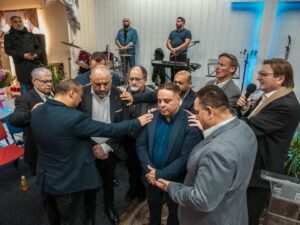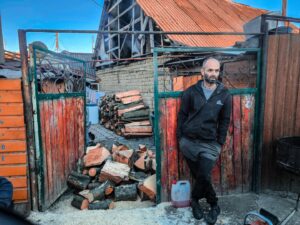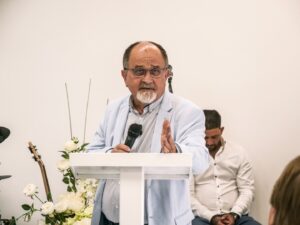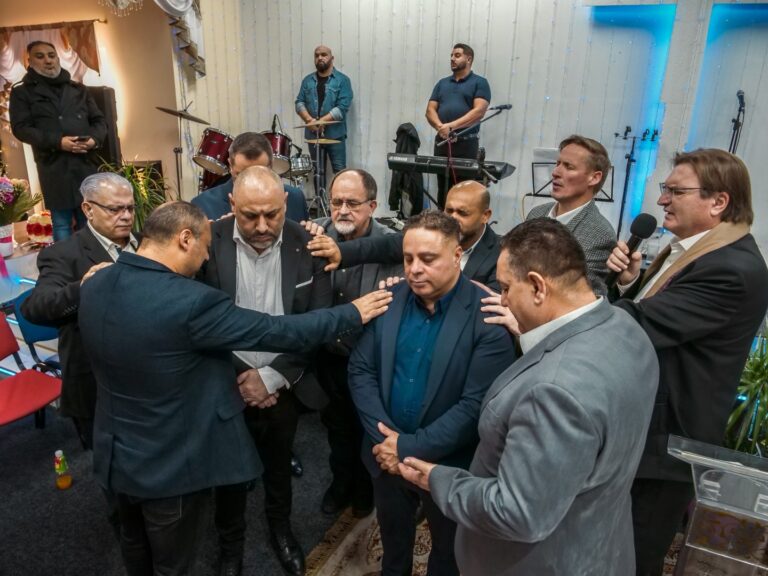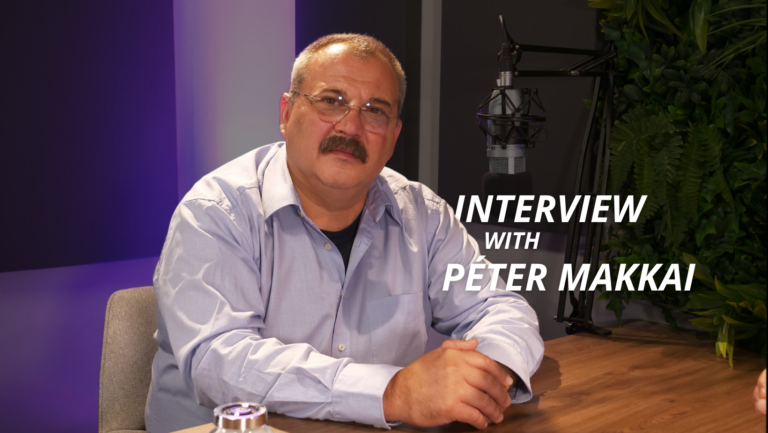The Roma Holocaust, also known as the Porajmos, is a term used to refer to the genocide and persecution of the Roma people during World War II. The word “Porajmos” comes from the Romani language and translates to “the Devouring” or “the Destruction.” On this solemn occasion, we gather to remember and commemorate the Roma Holocaust, a dark chapter in human history often overshadowed by the horrors of the Jewish Holocaust during World War II. The Roma, also known as Romani people, endured unimaginable suffering and persecution, but their stories and struggles remain largely unknown to many. It is essential to shed light on this tragic event and honor the memory of those who perished.
The Remembrance Day for the Roma Holocaust was established during the 1972 congress of the International Romani Union in Paris. Its purpose is to pay tribute to the victims and raise awareness about the horrors they endured. By preserving this Remembrance Day, we educate future generations about history and strive to prevent such atrocities from repeating in the world.
During the Nazi regime, the Roma, along with Jews and other minority groups, were targets of the genocidal policies aimed at establishing an ethnically pure society. They viewed the Roma as racially inferior, and as a result, they faced horrific discrimination, persecution, and extermination.
The number of Roma victims varies due to limited documentation, but estimates suggest that between 200,000 and 2,000,000 Roma were killed during the Holocaust. Many Roma were forced into labor camps, subjected to medical experiments, and brutally murdered in extermination camps like Auschwitz-Birkenau.
The persecution of the Roma did not begin with the Nazi regime. For centuries, the Roma people faced discrimination, marginalization, and stereotyping in Europe. Long before the Holocaust, they experienced forced assimilation, expulsion, and enslavement. Unfortunately, these prejudices and biases persist even today, highlighting the importance of raising awareness about their history and culture.
Despite the devastating impact of the Holocaust, the Roma people have displayed remarkable resilience and maintained their unique cultural identity. Throughout history, they have been known for their rich traditions, language, music, and craftsmanship, which continue to be celebrated and passed down through generations.
Just as the Roma people have displayed remarkable resilience in preserving their cultural identity, the message of Christ’s good news emphasizes the power of redemption and renewal. Through faith and forgiveness, we can find healing and reconciliation, transforming the scars of the past into a commitment to build a more compassionate and just world.
On this day of remembrance, it is vital to pay tribute to the victims and survivors of the Roma Holocaust. We must strive to ensure that this dark chapter of history is never forgotten, and its lessons are learned. Education plays a crucial role in combating ignorance and prejudice. By teaching about the Roma Holocaust in schools and public forums, we can promote empathy, understanding, and tolerance for all communities.
Even today, the Roma community faces discrimination and marginalization in various parts of the world. They encounter challenges in accessing education, healthcare, and employment opportunities. As we remember the atrocities of the past, we must also stand in solidarity with the Roma community and advocate for their rights and equality.
The Roma Holocaust, a tragic chapter in human history, serves as a stark reminder of the consequences of hatred, prejudice, and indifference. By commemorating the past, we ensure that the voices of the victims are never silenced, and we work towards creating a brighter, more compassionate future for all. Let us unite in remembrance and solidarity, vowing never to forget the atrocities of the Roma Holocaust, as we take steps to prevent such horrors from ever happening again.




